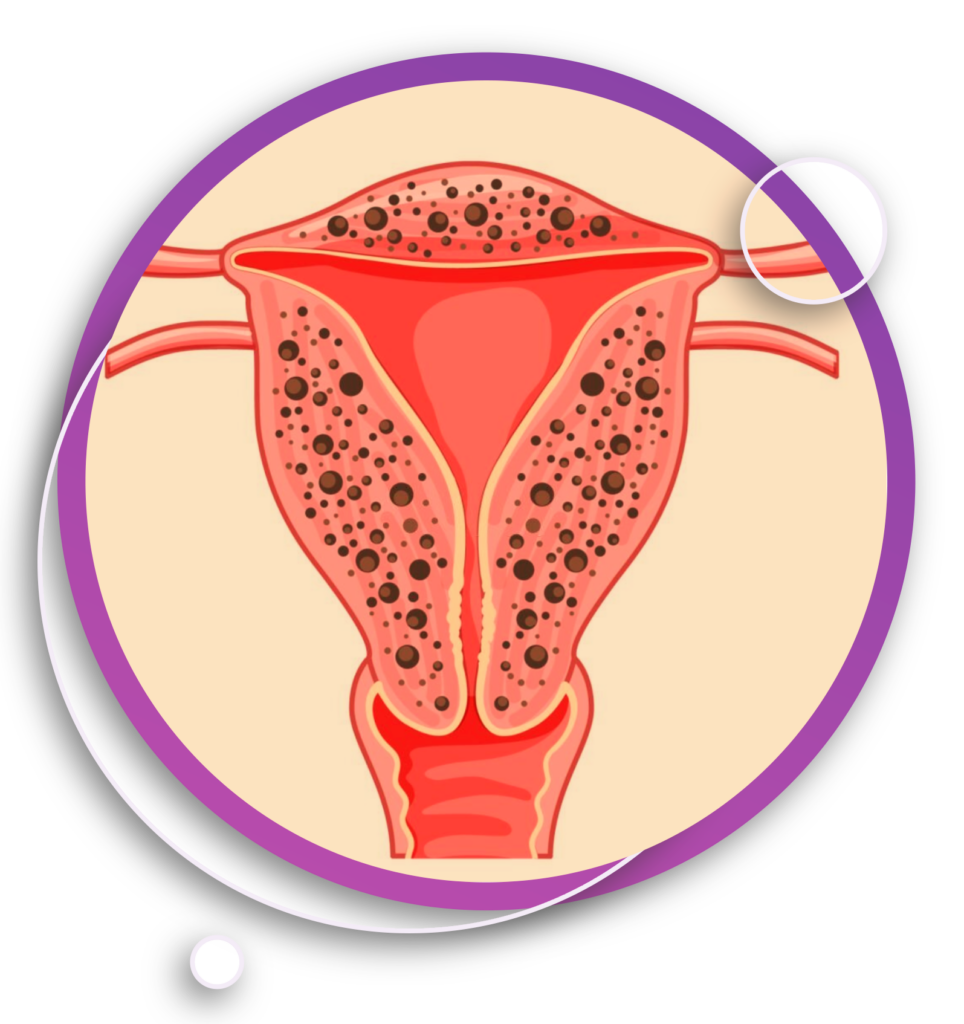
Rhea IVF and women’s hospitals are keenly interested in enhancing the lives of our patients with every method possible. We fight infertility with technology and innovation. We use advanced methodology and highly innovative technology that is effective in diagnosing and treating various gynaecological conditions.
At Rhea IVF and Women’s Hospital, under the guidance of our expert surgeon, DR.K. Shanmugavadivu, the best of the best treatments are provided to patients with complex gynaecological conditions.
Adenomyosis is a condition that causes the lining of the uterus to grow into the muscular wall of the uterus. The thickening tissue then continues to progress, bleeding and breaking down during each menstrual cycle.
Ways to diagnose adenomyosis can include:
These are the symptoms of adenomyosis:
The root cause of adenomyosis usually tends to stem from:
These factors can increase the risks of adenomyosis
Treatment usually depends upon your symptoms and the severity of the pain.
The commonly used methods to treat adenomyosis are:
Endometrial ablation is an outpatient procedure that is used to remove or destroy the endometrium and requires a very short period to recover.
This procedure is not suitable for everyone and only people who completed their childbirth or are not interested in giving birth can opt for this method.
The hysteroscopic adenomyomectomy approach in the treatment of adenomyosis has the advantage of leaving the outer myometrium undisturbed.
Intake of Anti-inflammatory foods: Eat more foods like green leafy vegetables, tomatoes, olive oil, fatty fish, fruits, and certain types of nuts.
Try incorporating Anti-inflammatory supplements into your daily routine. Certain supplements such as turmeric, fish oil, and ginger are said to have anti-inflammatory properties. It will help in relieving pain and cramp by reducing inflammation in the body.
Hormone-regulating supplements such as biotin, Diindolylmethane (DIM), and some herbal supplements can help reduce the symptoms.
Rhea IVF and Women’s Fertility is always striving to provide our patients with the best and most up-to-date technology available, as well as to support them throughout and after their treatments. We believe in the advanced treatments that were listed above and perform them in the most precise method possible using robotic technology.
